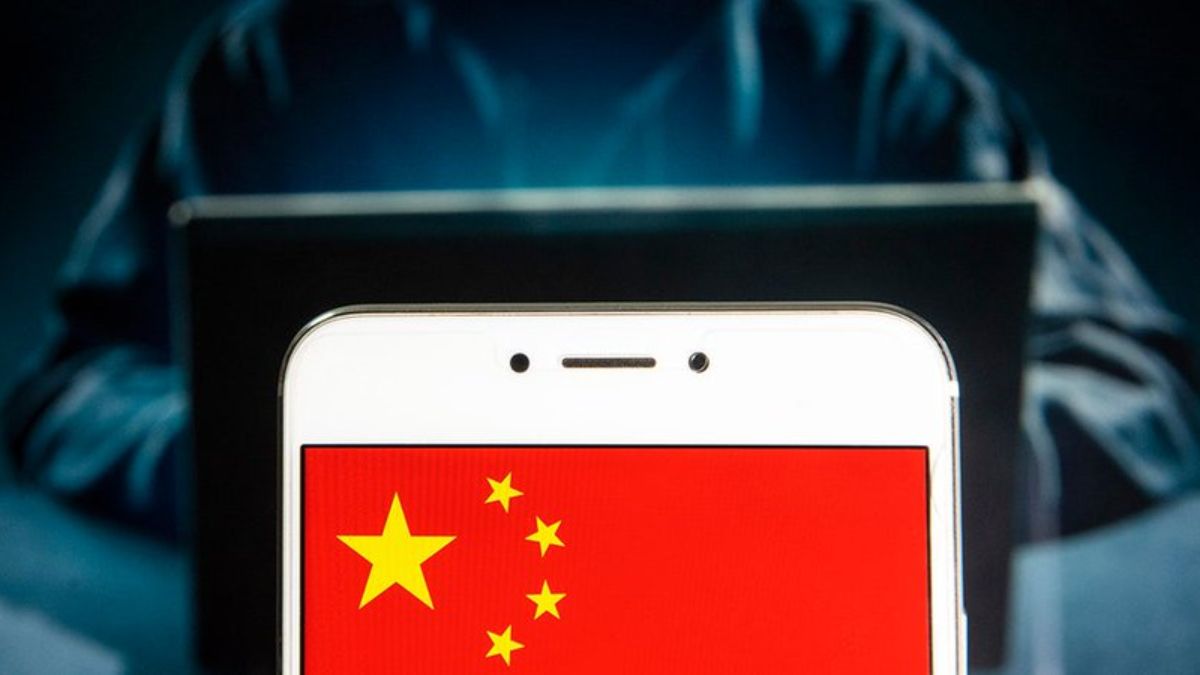In a significant move to safeguard U.S. government technology from foreign adversaries, Congress is pushing forward with a new bipartisan effort aimed at curbing the influence of the Chinese Communist Party (CCP) and other state actors. The initiative focuses on addressing the growing threat of cyberattacks and the problematic technology “gray market” that has been exploited by adversaries to compromise U.S. government systems.
Led by Rep. Pat Fallon (R-Texas), the proposed bill, titled the Securing America’s Federal Equipment (SAFE) Supply Chains Act, seeks to impose stricter regulations on the procurement of technology by federal agencies. The bill mandates that government technology purchases be made only through “original equipment manufacturers” or “authorized resellers,” thereby closing loopholes that currently allow third-party sellers to introduce potentially compromised equipment into U.S. government systems.
Fallon emphasized the urgency of the bill, citing concerns about “gray market” sellers who provide counterfeit or tampered technology products. These sellers, while marketing their products as genuine, can secretly enable foreign adversaries, including those from China, Russia, or Iran, to gain access to critical U.S. systems. This access can facilitate cyberattacks that pose severe risks to national security.
“The technology gray market has allowed our enemies to exploit weaknesses in our procurement processes,” Fallon stated. “Our adversaries are targeting our hardware and software systems with counterfeit products, making it easier for them to launch subsequent cyberattacks.”
The proposed legislation comes in response to an alarming increase in cyberattacks, with Fallon noting that the U.S. is currently experiencing “millions of attacks daily.” The rise of artificial intelligence (AI) has further intensified these threats, making sophisticated cyberattacks more feasible.
A key issue driving this legislation is the prevalence of the technology gray market, where goods are bought and sold outside of official channels. This market has been particularly problematic in the high-tech sector, leading to significant financial losses for manufacturers and potential security risks for purchasers.
Reports indicate that Chinese firms have been exploiting gray market channels to circumvent U.S. export controls, acquiring advanced American AI chips for military and research purposes. While existing bans target certain Beijing-backed companies, the SAFE Supply Chains Act aims to prevent China and other adversaries from using intermediaries to obscure illicit technology sources and flood the U.S. market.
Fallon stressed the bill’s importance in protecting national security. “We are at a critical juncture,” he said. “The world is at peak instability and danger. We must do everything in our power to shield our systems from cyber-attacks and intrusion from our enemies.”
The SAFE Supply Chains Act represents a crucial step in fortifying U.S. government technology infrastructure against the growing threats posed by foreign adversaries, particularly those leveraging the technology gray market.


